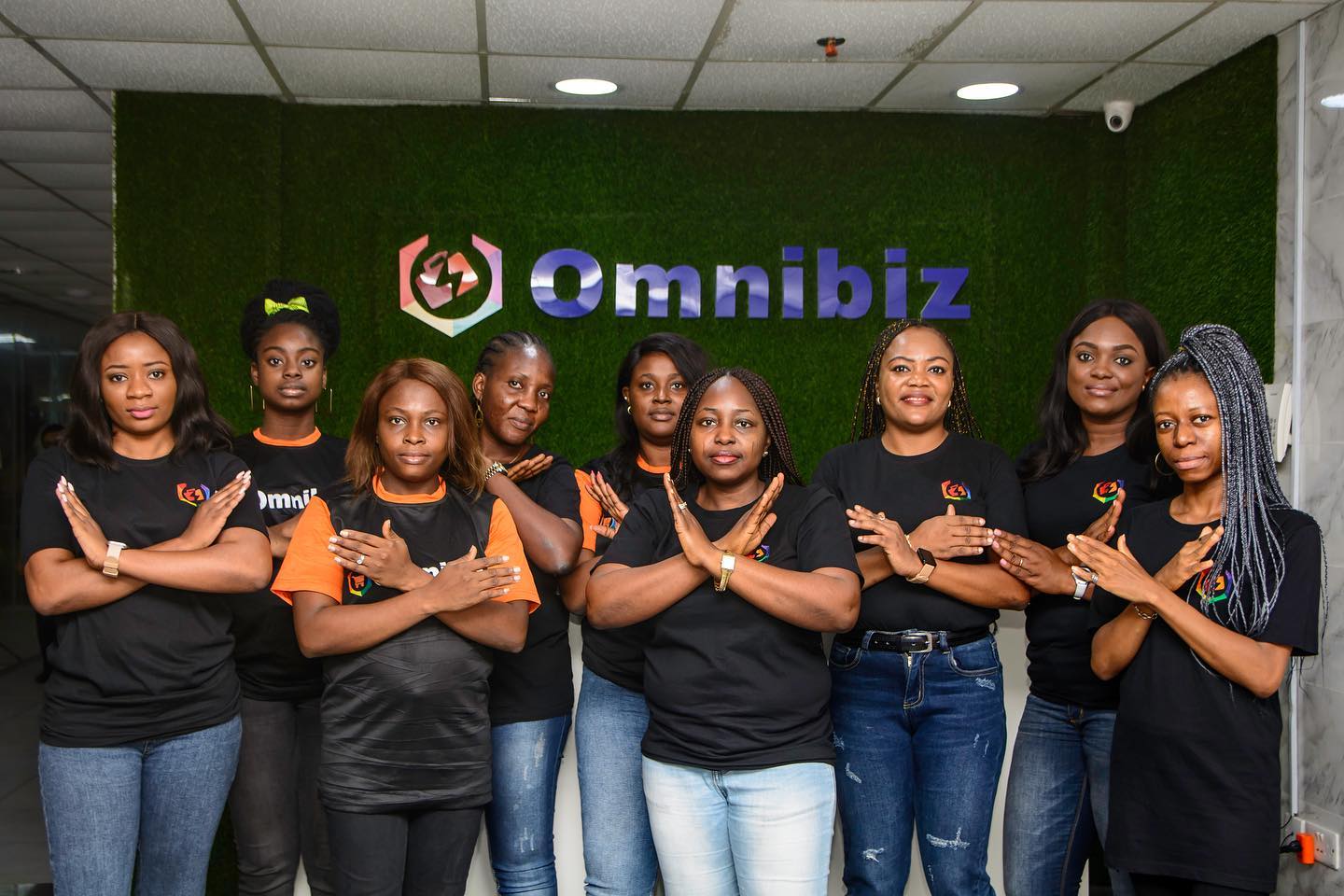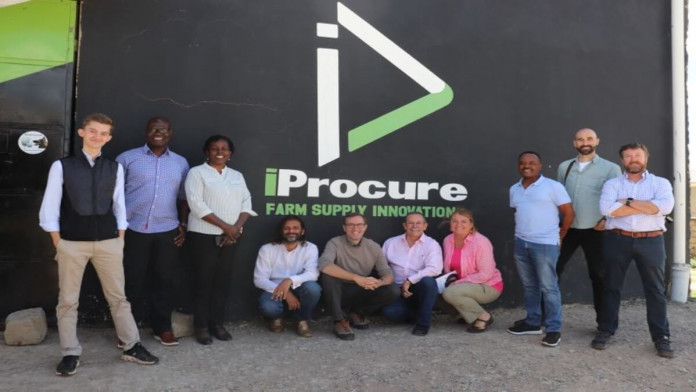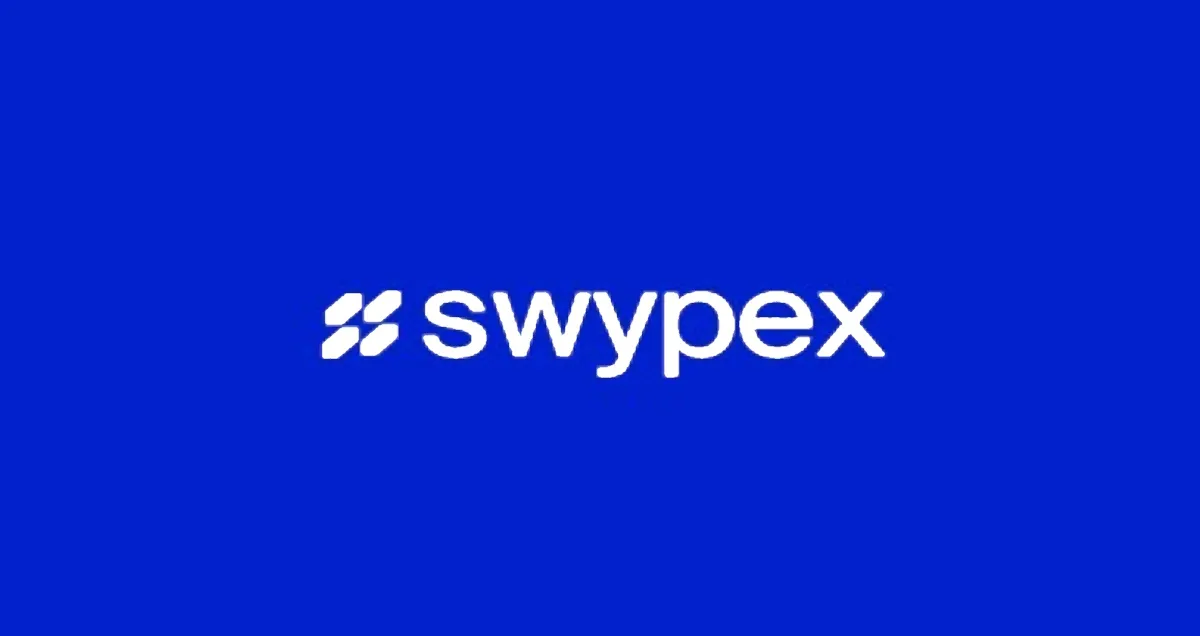Workjeje, a dynamic online platform designed to connect urban Nigerians with top-notch service providers in their local areas, has emerged as a vital resource in Nigeria’s bustling urban centres.
The inception of Workjeje in 2021 by Fortune Nwankwo, Collins Onyebuchi, and Ejike Anthony, all students at the University of Nigeria, stemmed from a shared frustration – Finding reliable service providers, a significant challenge. As Nwankwo recounts, “Service providers were often unreliable. They’d promise to come in the afternoon and show up days later, often delivering subpar services.”
Inspired to find a solution, Collins Onyebuchi proposed the idea to Nwankwo, who then brought on board Wisdom, a programmer friend, to build the platform. This collaboration marked the beginning of Workjeje.
Read also: Nigeria launches digital technology exchange hub in San Francisco
Workjeje Differentiated its Approach
Unlike competitors such as Workman, which focuses on the sheer number of artisans, Workjeje prioritises the quality of service providers. This emphasis on quality addresses a crucial concern for many users, especially women, regarding the safety and reliability of artisans entering their homes. “We pre-vet our artisans ourselves and continue to monitor their contracts and ratings to ensure consistent quality,” Nwankwo explained.
Feedback has been instrumental in refining Workjeje’s processes. During the testing phase, customers pointed out shortcomings in the vetting process and the professionalism of some artisans. In response, Workjeje tightened its vetting procedures and prioritised partnerships with reputable service companies to maintain high standards.
Currently operational in Abuja and Enugu, Workjeje is methodically expanding its reach. Initial funding came from friends, first for development and later for marketing efforts. Achieving the milestone of 10 successful transactions during the test phase was a significant morale booster, demonstrating market readiness for the convenience Workjeje offers. To date, the platform has facilitated over 70 transactions.
Read also: Nigerian Edtech startups secure $100,000 in funding rounds
Innovative Features and Future Plans
Responding to artisan feedback, Workjeje recently introduced an escrow service to protect against unpaid bills, particularly in delivery services. The platform earns a fee from artisans, ranging between five and ten percent, depending on the agreement.
Looking ahead, Workjeje aims to incorporate advertisements and expand to major states and cities across Nigeria and eventually across Africa. This strategic expansion aims to mitigate macroeconomic influences and solidify Workjeje’s presence in the broader market.
Workjeje is transforming the landscape for urban Nigerians seeking quality service providers. By focusing on reliability, thorough vetting, and continuous improvement based on user feedback, Workjeje is not just filling a gap but setting a new standard in the Nigerian service industry.









